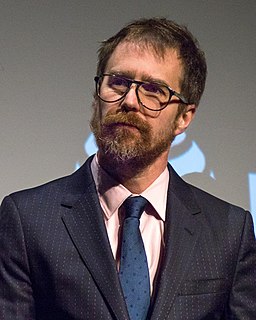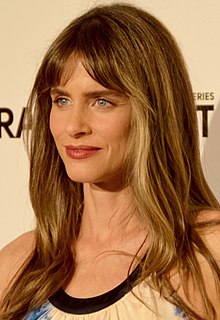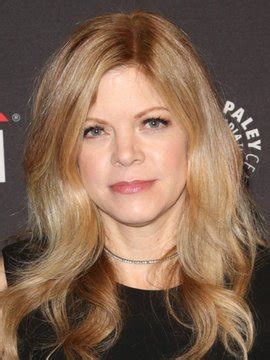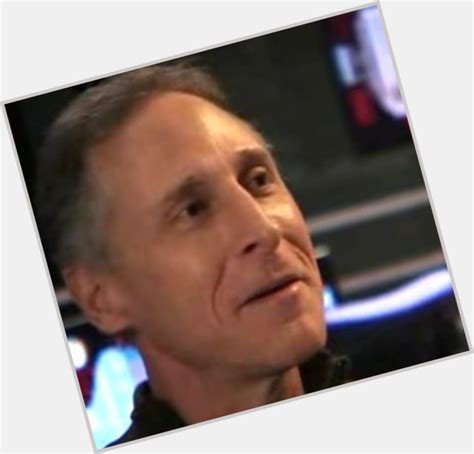A Quote by Jim Jarmusch
I like doing them and they're ridiculous and the actors can improvise a lot, and they don't have to be really realistic characters that hit a very specific tone as in a feature film. They're really fun, I want to make more of them definitely.
Related Quotes
In theatre you can't ad lib, so you want to pick really good material, like David Mamet or Shakespeare or whatever. You want to be really careful about what you do. But in the movies, you do have more wiggle-room. You do have more opportunities to improvise. It's fun to improvise, but I still think it's better to have a great script.
I do extensive storyboards so people can get a sense of what we're doing, and what the attitude and tone is. I work a lot with the actors. I like to go to sets or locations with them before shooting so that they know what they'll be doing on the day. I have found actors really do like to know about blocking, etc., before the shoot day comes.
Commercials are also any opportunity to meet new crew and work with new kind of rigs. You can explore working with different people without having to make the full commitment of having to do an entire feature film with them and see whether you like them. Also it's great for testing out new equipment, like on the last spot we just did, I used a lot of drone technology, really cutting edge drone stuff, more than I've ever done before, and it worked out really really well.
Comedians work great as actors because they're good under pressure. With a lot of actors, you have to make them feel like everything's going really well to get a good performance out of them. But, if you have a comedian on the set, you can tell them, 'Hey, you really are screwing this up,' and then they just get better.
What interests Sam Mendes are characters and relationships, and he was a genius at giving you the freedom to create the type of character you want, and also to explore and have fun with your fellow actors. For him, characters and relationships are really the heartbeat of the film, and then the action is the backdrop. By developing the characters, he makes you care that much more about the action and going on a journey with the characters.
You can actually improvise a lot as a voice actor. It's not that entirely different than shooting a live action movie; the characters mouths are quite easy to manipulate once all the information is built into the computer. So you can improvise a lot and it doesn't matter really how far along they are in the process they can really just make the character say something different.
When you're younger you have a lot of ideas and you're probably more insecure, all those things. I work with young actors now and I see their insecurities and I make fun of them. I don't make fun of them but I make them laugh, because I know what they're going through. When you get older you think 'It's only a movie after all, it's not brain surgery.'
Mark and jay Duplass really like to improvise. Even if we beg them to go back to the script, they invariably ask us to go "off the rails," as they like to call it. It's just the way they work. You get a full written script. And it's really, really, really good, so that's why it's kind of peculiar that they always want you to improvise, because if I wrote something that good, I would want everyone to stick to the dialogue that was written.
Sometimes, when actors reach out to their characters, they're nowhere in sight. They need to find something inside of them. And then the characters are right there. As a director, I want them to find the character that's already inside them, instead of trying to manufacture or manipulate or make something up. That's not really honest or true.
A picture is what it is and I've never noticed that it helps to talk about them, or answer specific questions about them, much less volunteer information in words. It wouldn't make any sense to explain them. Kind of diminishes them. People always want to know when something was taken, where it was taken, and, God knows, why it was taken. It gets really ridiculous. I mean, they're right there, whatever they are.





































